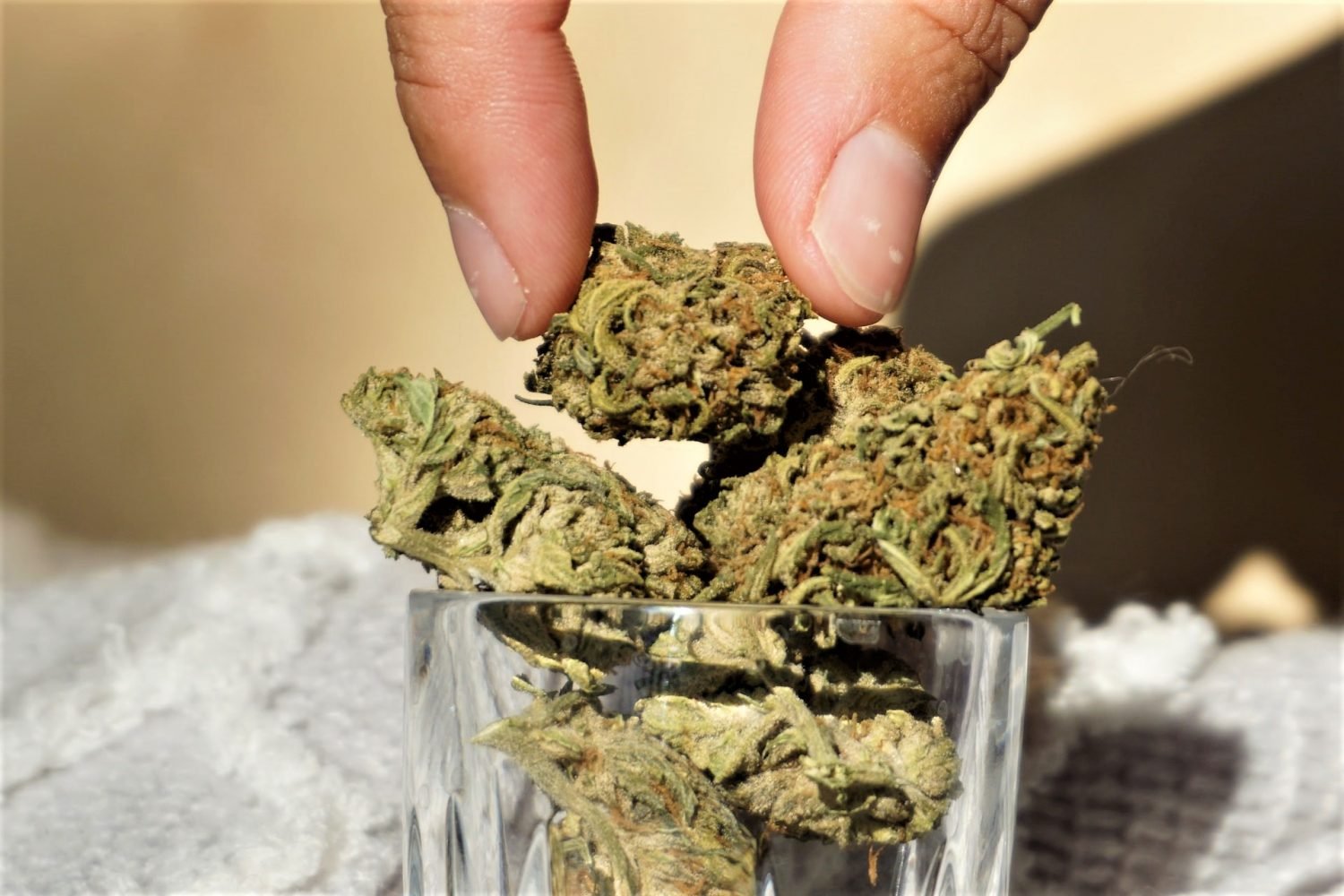Learning
Can you ever become a “CBD-Addict”?
CBD is totally safe, making it the top choice for those who don’t want to get hooked on Xanax when dealing with anxiety. It is everywhere these days and reportedly gives the benefits of traditional painkillers, and anti-stress meds (and even more!) without worrying about damaging their kidneys. In fact, CBD has been shown to have several health benefits, and this view is supported by an increasing body of research. Cannabidiol has shown promise as an anti-inflammatory, neuroprotectant, antioxidant, and seizure suppressor, according to studies.
But, just because something is favored or raved about all over town does not mean you hold your doubts or suspicions back. It is always essential to avoid getting easily swayed by the hype, especially for things we put inside our bodies.
After all, Tramadol wasn’t meant to be an addictive opioid in the mid-1990s. It was promoted as a safer alternative to morphine and hydrocodone, promising relief without the usual side effects. In the United States, doctors are not allowed to prescribe more than five refills of this medication because they believe it is as addictive as heroin.
There was a widespread belief, held for a long time, that cannabis was not addictive. However, we now know that even while it doesn’t cause the same addiction/withdrawal symptoms as other drugs, it can nevertheless be mentally and physically addictive over time.
How can we be so sure that CBD is not addictive if our knowledge of chemicals shifts over time?
The World Health Organization (WHO) has acknowledged CBD’s good safety profile in a comprehensive report about its safety and efficacy (1). Even in quantities of up to 1,500 milligrams per day, CBD is thought to be safe for consumption. Furthermore, there are very few drawbacks, and overdosing with CBD stands a very little chance since it means you need to gulp down a vast amount equivalent to two bottle-fulls of CBD.
So, CBD has a clean science-backed record for usage, but can we be 100% sure that it is not addictive?

IS CBD ADDICTIVE?
To answer this question, we must understand how substance-addiction works.
When someone cannot stop using a substance, even when they know the risks, that’s addiction.
Addictive drugs stimulate the brain’s reward circuits, making them so addicting. Due to the extraordinary high they produce, drug users frequently seek out more of the substance. However, with time, they understand that quitting will result in unpleasant physical and mental symptoms. Thus they never attempt to do so.
Most addictive drugs’ withdrawal symptoms can include RLS (restless legs syndrome), diarrhea, vomiting, nausea, and muscle aches. At this point in their addiction, many users will say they are only using it to “feel normal,” when in reality, they are largely using it to prevent withdrawal. It’s still a drugged-up version of “normal,” but it’s a big drop from the high they initially felt.
CBD does not interact with the brain in the same way. It does not provide euphoric effects or stimulate the same pleasure zones. Taking a pause from it won’t make you crave or feel sick, so you can stop using it anytime you want to.
CBD is non-habit forming. You can keep using it without fretting that you get attached to routinely using it. Regular CBD users don’t show signs of addiction, but they may develop a CBD tolerance and may feel “off” when they go more than a few days without taking it. But it’s not addiction, just a habit.
Just like when you’ve been having a bath nightly for the previous decade, just because you find taking a shower first thing in the morning jarring doesn’t mean you have a problem. In the same way that missing a day of taking vitamins, fiber, or probiotics can affect how you feel, skipping a day of taking CBD may also affect how you feel.

CBD HELPS YOU GET UNADDICTED
A 2015 meta-analysis suggested that cannabidiol (CBD) extracts could help treat withdrawal symptoms (2).
One case study was giving CBD to a young woman to help her through her cannabis withdrawal symptoms. After 11 days of treatment with 300–600 milligrams, her withdrawal symptoms were drastically reduced, according to the researchers. Her withdrawal symptoms actually subsided after only six days.
Unlike THC, CBD does not make people high, so that’s something to keep in mind. Due to its sedative effects, inexperienced users may mistake CBD for the more widely used euphoric cannabis.
While CBD may induce mild sleepiness, it will not get you high or make you extremely sleepy.
If you’re worried about how your body will react to CBD for the first time, it’s better to start using it slowly. And it’s best to stick to the minimum daily dose.
REFERENCES:
1 January 15, 2020. A World Health Organization perspective on cannabidiol (CBD). Pharma News. Open Access Government.
2 Prud’homme M, Cata R, Jutras-Aswad D. (2015 May 21); Cannabidiol as an Intervention for Addictive Behaviors: A Systematic Review of the Evidence. Subst Abuse. PubMed Central. National Library of Medicine.

